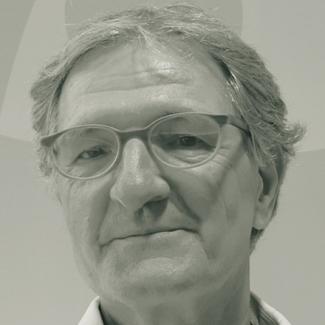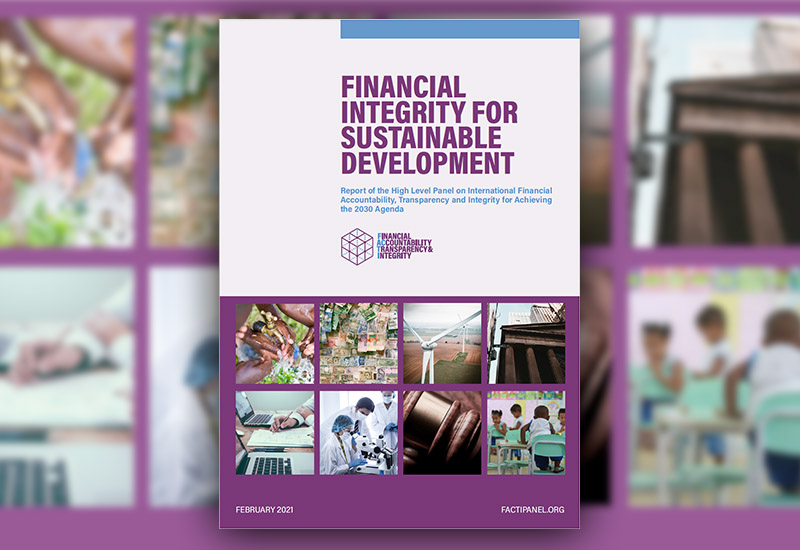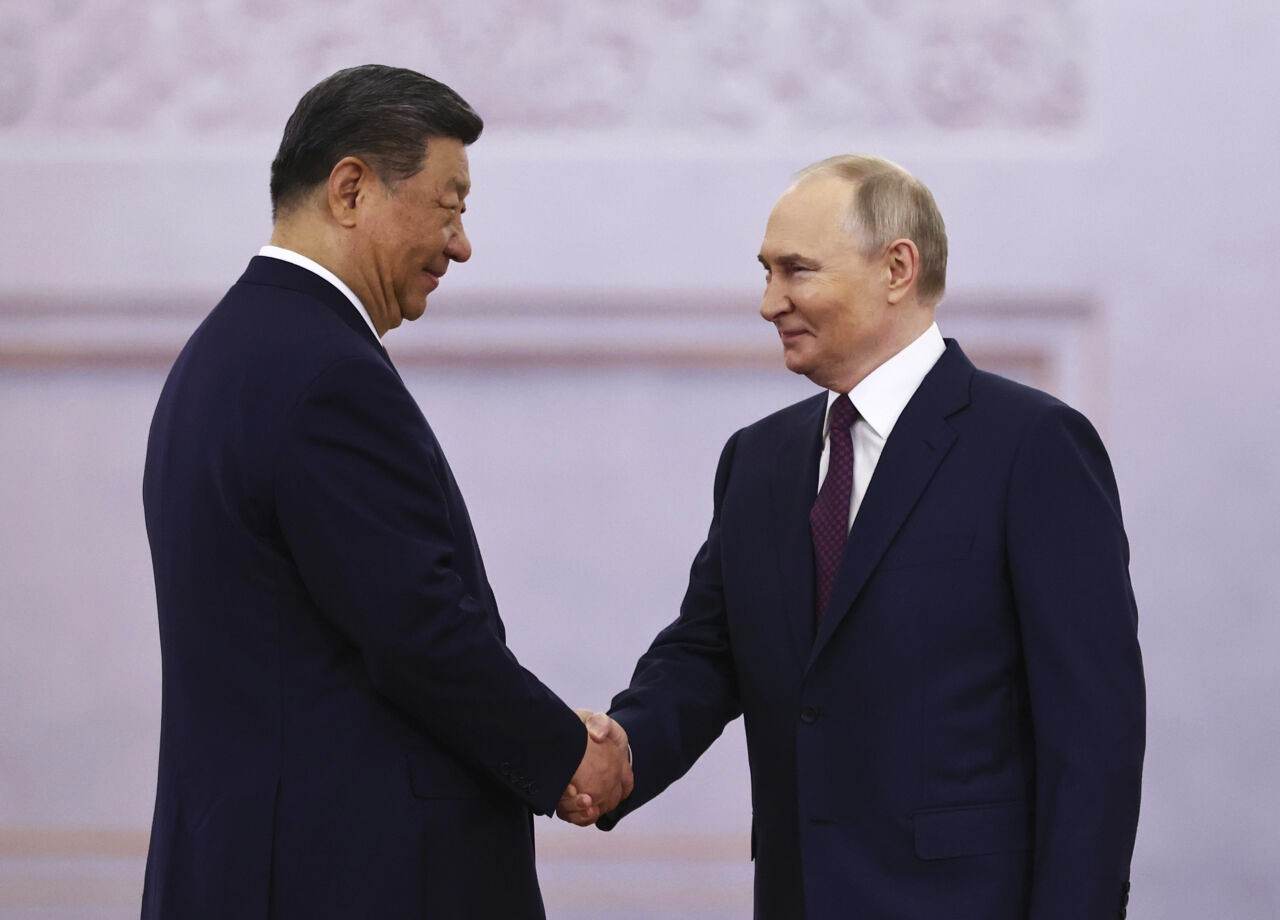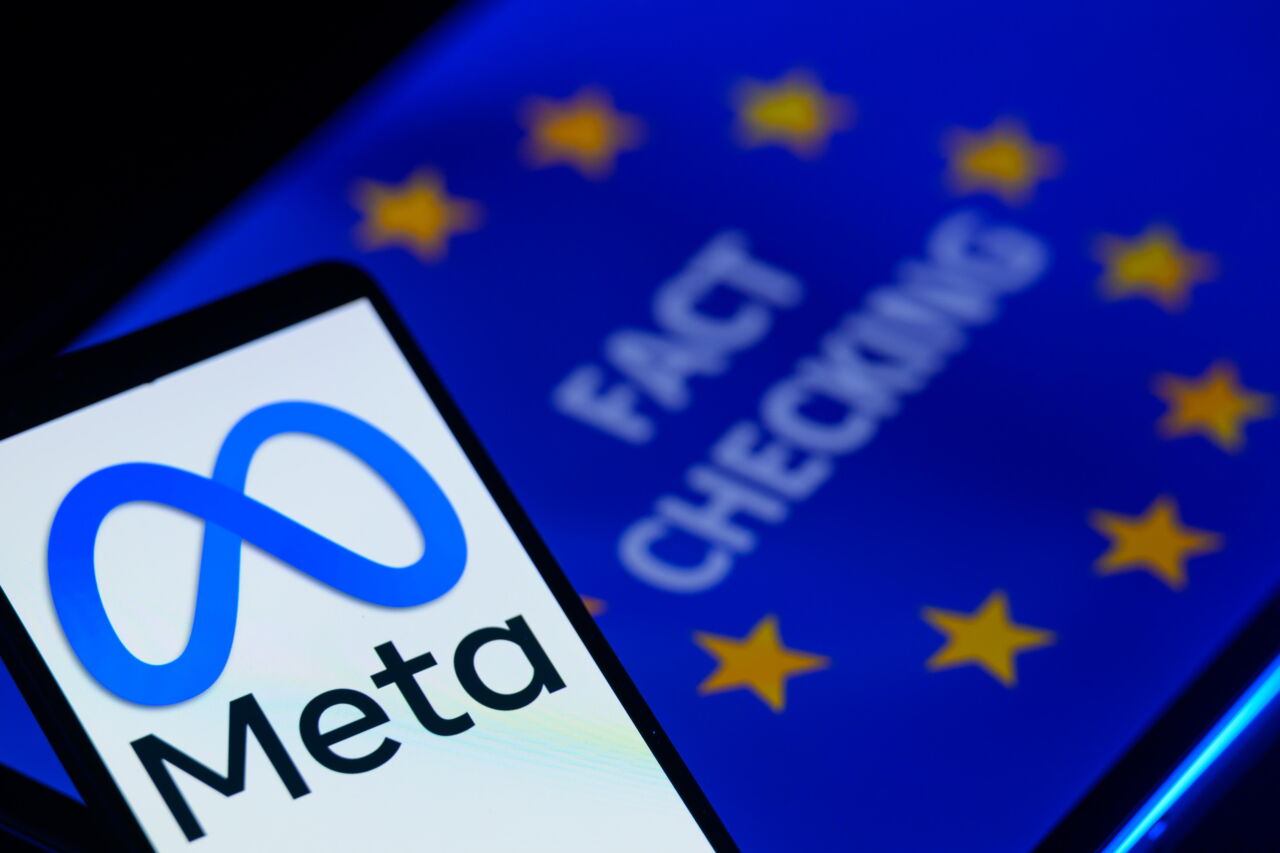Abuse of power
Fighting corruption on an international level
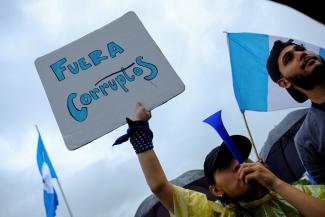
Democracy and freedom worldwide have declined for the 17th consecutive year. That is one of the main takeaways from the “Freedom in the World 2023” report by American NGO Freedom House. At the same time, the global average score on the Transparency International (TI) Corruption Perceptions Index has shown stagnation rather than progress in recent years. Many factors – often country-specific ones – help to give rise to populist governments, autocracies, military regimes and anti-democratic movements in general. However, corruption in all its various forms is one of the most important causes. Where political rights and civil liberties deteriorate, abuse of power for personal gain increases.
Corruption undermines democracy. It destroys public trust in institutions and manipulates political decision-making processes for the benefit of a minority or elite. Moreover, it results in accountability mechanisms being undermined. It also distorts markets, hinders equitable access to services, increases inequality and creates insecurity and instability (TI, 2021).
Autocratic regimes thrive on widespread systemic corruption, including “state capture”, the illicit control of state institutions by private interests. The G7 leaders speak of kleptocracies. In authoritarian systems, power is institutionally concentrated and not subject to democratic control mechanisms, which makes abuse of power more likely. Democratic institutions, in contrast, distribute power. Autocrats view the fight against corruption as a threat because it weakens their influence, both at home and abroad.
None of this is entirely new, but it has become more relevant because, according to the Economist Intelligence Unit’s Democracy Index, more and more countries have been lost in recent years to authoritarian leaders and kleptocrats. Nor is it new that populists come to power with anti-corruption promises, only to undermine the fight against corruption and democratic institutions in order to consolidate their power.
Corruption on a small and large scale
In many societies, charges of corruption are levelled at “those at the top”, while for ordinary people daily life is fraught with “petty corruption” – small “fees” that need to be paid to access public services, such as appointments with public authorities. This leads to further marginalisation of vulnerable groups and helps normalise forms of corruption that pose a systemic threat to the state, including “grand corruption”: the establishment of kleptocratic structures that facilitate the diversion of state funds by – or with the collusion of – high-ranking state officials and politicians. This can cause massive harm and give rise to gross human-rights violations.
Grand corruption also poses a threat to countries where corruption is not considered a significant social issue. In Georgia, for example, there is evidence of a special form of grand corruption. Known as “strategic corruption”, it is perpetrated by local oligarchs and the hegemonic power, Russia, with the aim of undermining the democratic societal decision to move closer to the EU.
Authoritarian regimes make extensive use of strategic corruption, notably against western democracies but also to advance their interests in countries of the global south. Their aim is to:
- win over decision-makers for their geopolitical objectives,
- destabilise democratic institutions,
- weaken the fabric of societies and
- undermine their national security.
Strategic corruption is designed to secure long-term influence and is part of the non-military arsenal of modern wars (hybrid warfare). As shown by the example of Ukraine, it also serves to prepare for wars of aggression.
Indeed, every country in the world uses foreign, economic and security policy to exercise influence for its own strategic advantage. The key difference lies in the means (corruption) and the objectives (destabilisation). It is therefore only right and proper that interventions by western industrialised nations in countries of the global south should be assessed by the same criteria. And “the West” would be well advised to uphold democratic decision-making processes and prevent any kind of corruption. However, western states are reluctant to address their own corruption risks, which makes countries like Germany vulnerable to attack.
Money flows to tax havens
All major forms of corruption share a common trait: they cause substantial harm for the vast majority of society and at the same time lead to a massive increase of power and wealth for a small minority. Typically, much of the money derived from corruption is transferred to so-called tax havens, but a significant amount flows into western economies as investment. Corruption is thus facilitated by illegal cross-border financial flows and money laundering.
There is a glaring need for more action against money laundering. As the Financial Action Task Force on Money Laundering (FATF) reported in 2022, Germany is a popular destination for money that originates from organised crime and kleptocratic systems all over the world. Thanks to the scope for concealment, the country offers a wide range of investment opportunities. In addition, there is insufficient repatriation of confiscated assets, as well as lack of compensation payments to affected groups. Democratic states urgently need to review and refine their law enforcement instruments. In many cases, there is a lack of enforcement capacity; in some it is coupled with a suspicious lack of willingness to act.
International cooperation is key
The mid-term review of the 2030 Agenda shows that the global community is running well short of the UN Sustainable Development Goals (SDGs). The impact of corruption is generally not taken adequately into account. Combating corruption and money laundering needs to be clearly identified and addressed as a prerequisite for achieving the 2030 Agenda – within the context of each and every one of the 17 SDGs. It is important to break the so-called SHE-cycle – Steal-Hide-Enjoy. As long as it is possible to launder money, i.e. conceal its illegal origin (Hide), corruption will remain attractive as the means of theft (Steal). Only when opportunities for investing dirty money are systematically and effectively denied will the incentive for corruption decrease because the benefit from the money (Enjoy) is diminished.
Internationally, there has been progress. Corruption is now a criminal offence worldwide and widely condemned. The US and the G7 have made a firm commitment to support the fight against transnational corruption. And successes in places like Guatemala show what can be achieved when fighting corruption is a priority and is supported by the international community.
What is perplexing, however, is the reluctance of countries like Germany to clearly prioritise anti-corruption action. Comprehensive national efforts and the implementation of binding international agreements are needed here. Stronger international cooperation to uncover illicit financial flows and corruption offences needs to be reflected in national legislation.
A strong civil society, free media and an independent judiciary are vital for a resilient democracy. This is why democratic countries should:
- promote cooperation between civil society and policymakers,
- develop country-specific anti-corruption measures,
- establish sanction mechanisms,
- raise awareness among political and business leaders,
- make state action more transparent, e. g. by ensuring comprehensive accountability and maintaining lobby and transparency registers and
- strengthen independent, investigative media and protect whistleblowers.
Corruption has to be prevented and fought against at government level. Additionally, a national anti-corruption strategy needs to be developed to coordinate all action and create a clear roadmap. Ultimately, corruption must be consistently recognised and addressed as a threat to national security.
Links
TI, 2022: Corruption Perceptions Index 2022.
https://www.transparency.org/en/cpi/2022
TI, 2021: Addressing corruption as a driver of democratic decline.
https://www.transparency.org/en/publications/summit-for-democracy-2021-addressing-corruption-democratic-decline
Bernhard Amler is a member of the board of Transparency International Germany (TID).
bamler@transparency.de
Christoph Kowalewski is a member of the working group on public development cooperation at TID.
ckowalewski@transparency.de
